Adapted and directed by Natalie Erika James (Relic), this lacklustre re-tread of the Roman Polanski classic is turgid stuff. Julia Garner (Ozark) does the best she can as Terry, an ambitious dancer who craves fame and fortune on Broadway, but Apartment 7A rarely measures up. Taken under the wing of Mini and Roman, long-term residents of The Branford, Terry is gifted everything she could want, following her horrendous ankle break in the opening minutes. This benevolent couple dote on her like a daughter, promising to get Terry back on her feet in no time. For many, the Mia Farrow, John Cassavetes original is regarded as a high point in 70s horror cinema, itself adapted from the novel by Ira Levin. However, in comparison to contemporary titles vying for attention in today’s marketplace, Rosemary’s Baby feels tame.
That is the primary problem with this Paramount+ original, since writer-director Natalie Erika James almost respects her source material too much. A slavish adherence to tone, set design, and aesthetics, leaves no room for originality. Jim Sturgess represents one of the few high points in this story as theatrical producer Alan Marchand. He is charming, manipulative, and debonair in an old Hollywood way. Opposite Garner in the rare moments she is not overshadowed by either Kevin McNally (Pirates of the Caribbean), or Dianne Wiest (Mayor of Kingstown), Apartment 7A is vaguely elevated. Apart from that, what comes through in comparison to the original is a distinct lack of depth.
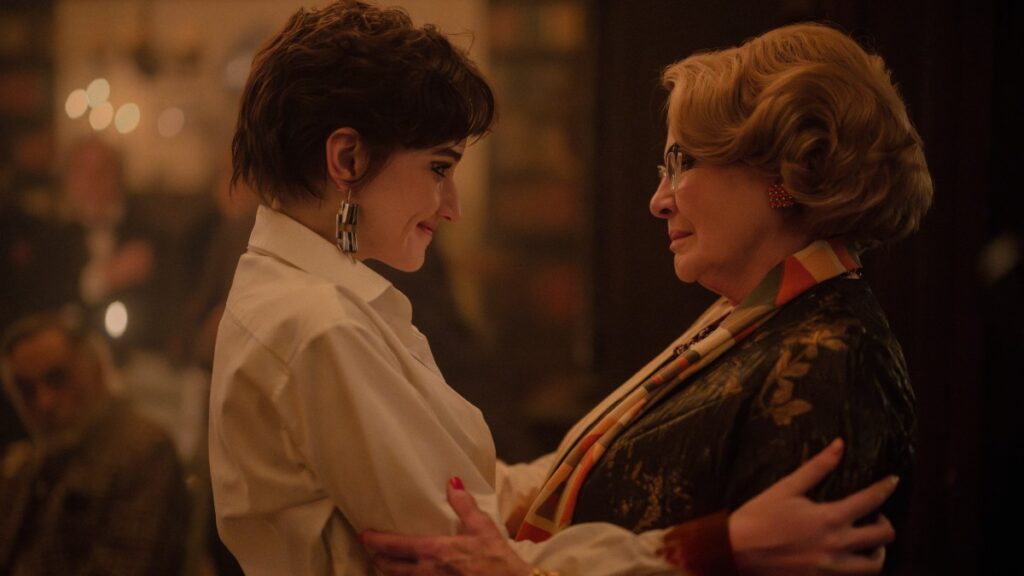
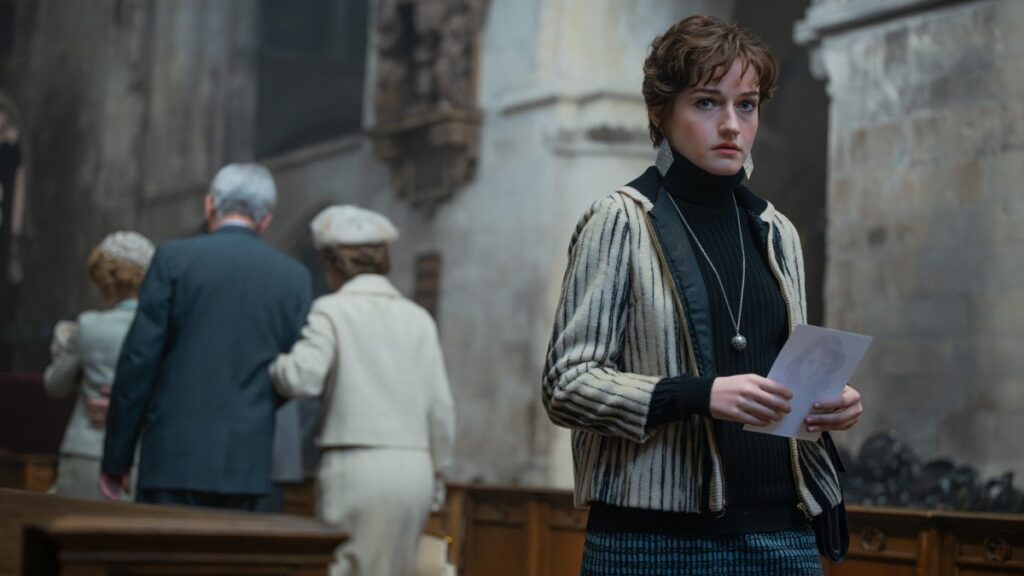
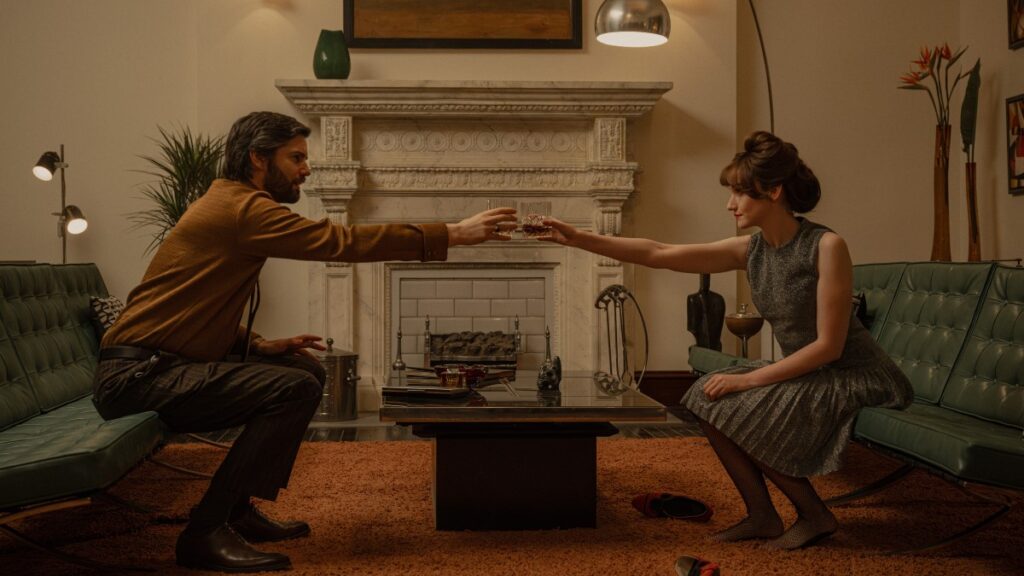
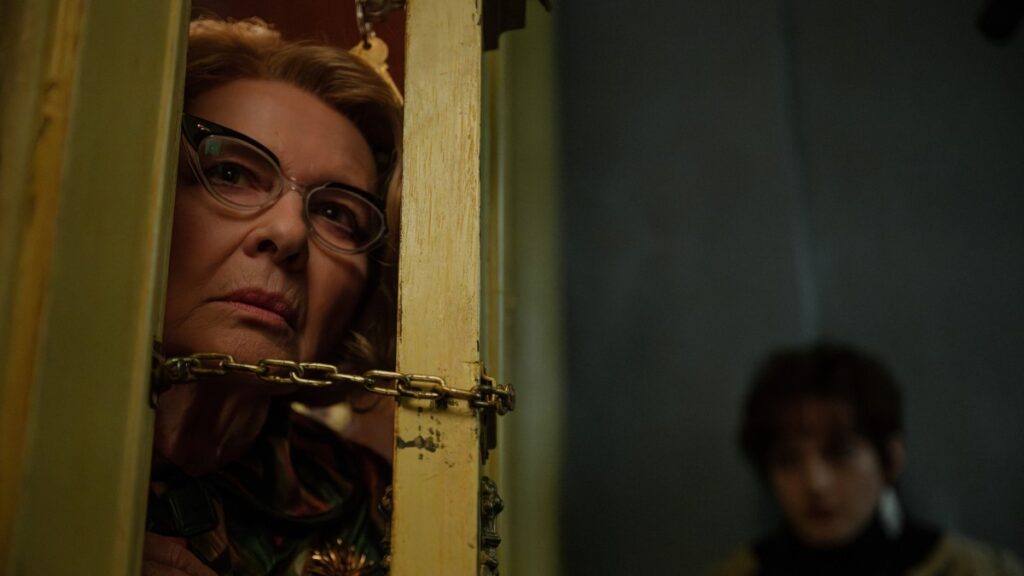
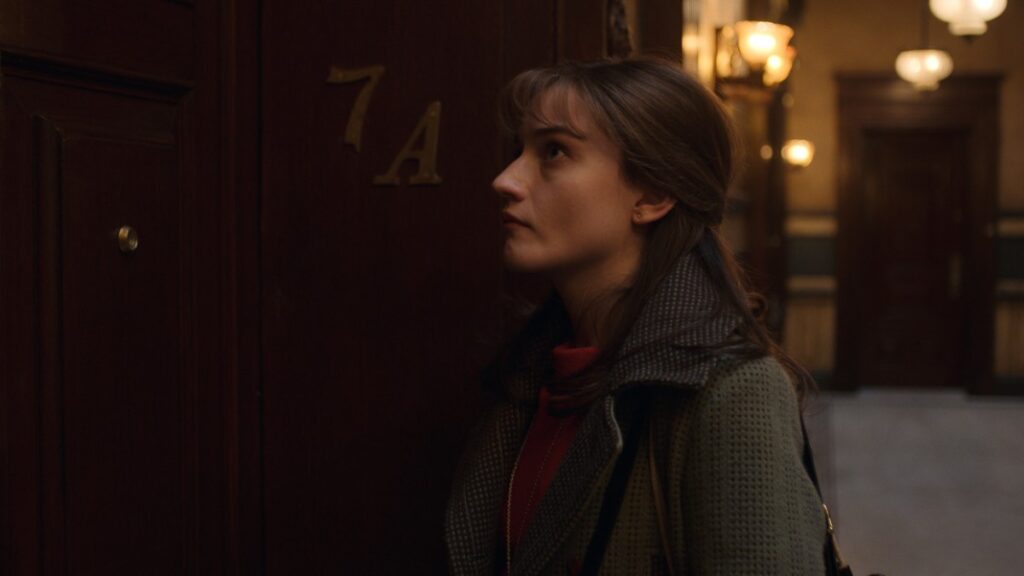
Anyone who is a fan of cinema will find this adaptation lacking. Everything feels so truncated, there is less time spent in The Branford than Polanski did in the original, and that sense of creeping dread is simply not there. From Broadway drop-out to headlining star, Terry’s rise feels far too swift. Psychological elements also fail to dig deep enough, and throughout Apartment 7A, images from Darren Aronofsky’s Black Swan kept coming back to this reviewer. That was a film that got beneath the hood of similar issues, even if there were no demonic overtones woven into its narrative. This spark of original thinking that made films like Black Swan so enthralling are simply absent without leave in Apartment 7A.
Had Paramount stopped and wondered whether a remake was necessary, then it could have saved time and money. Unfortunately, because no one did that, audiences are left to deal with Apartment 7A. However, there should be minimal blame apportioned to Natalie Erika James, who made a truly inventive horror film with Relic. If accountability goes anywhere, it should be passed up to those executives who favoured resurrecting old intellectual properties, over funding something brave. In many ways, Apartment 7A is a perfect example of why streaming sometimes feels so disposable. The word content is horrible and diminishes film and television as an art form. Consumed with disinterest or written off as background noise, content is made for those people who consider cinema unimportant. It is my contention that this film could have been so much better.
Apartment 7A is streaming on Paramount+ now.



